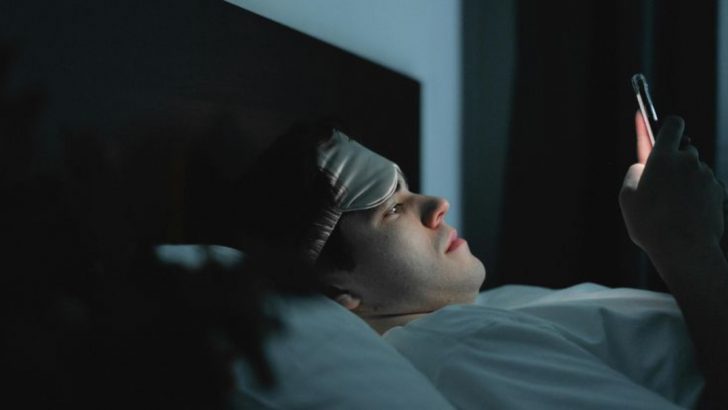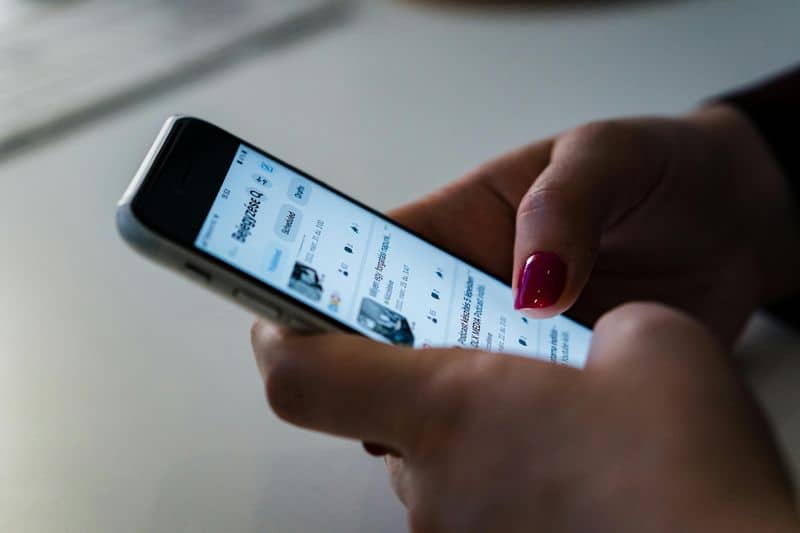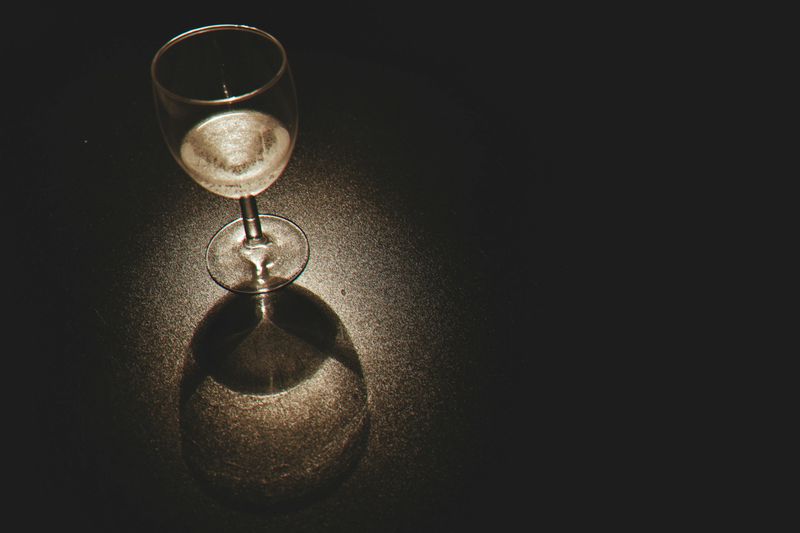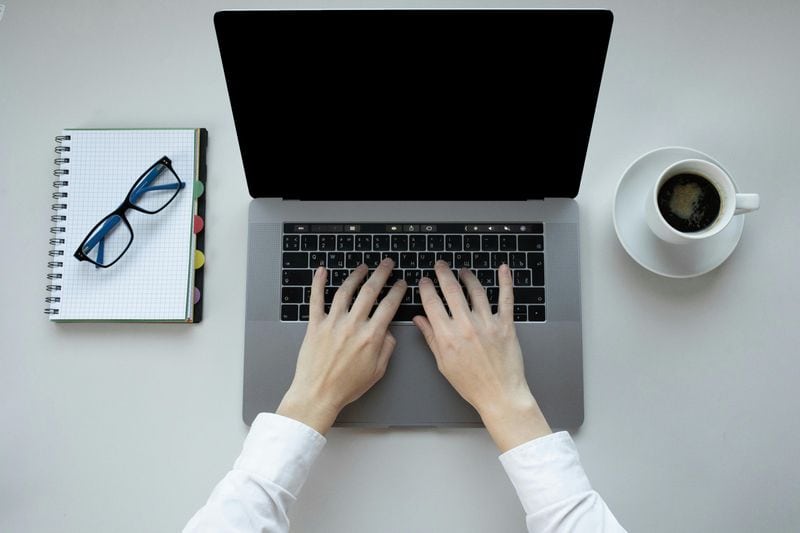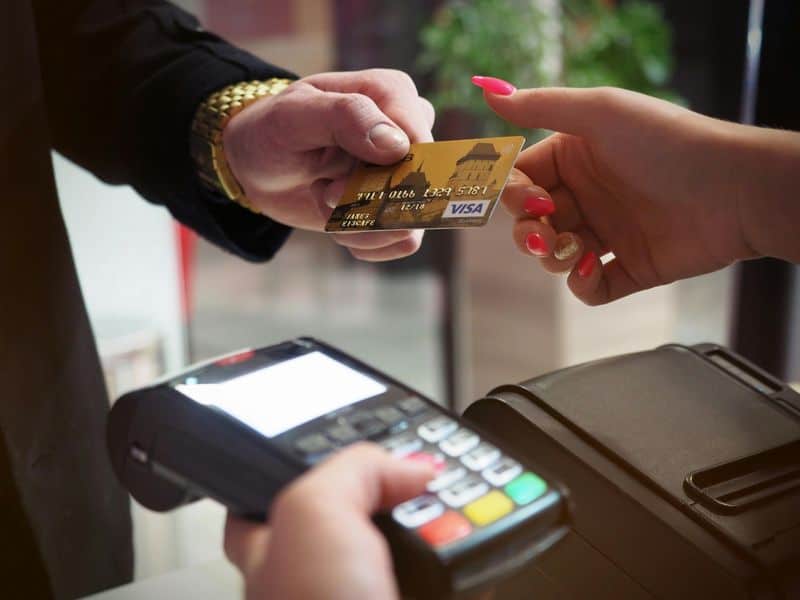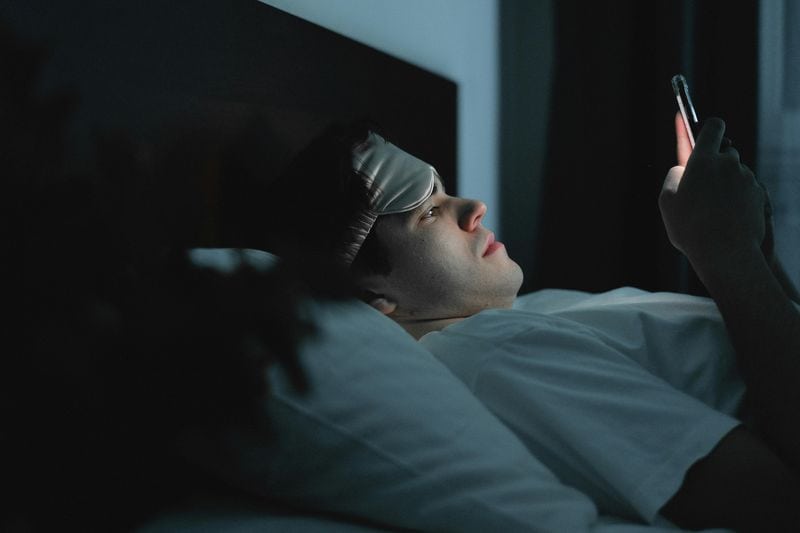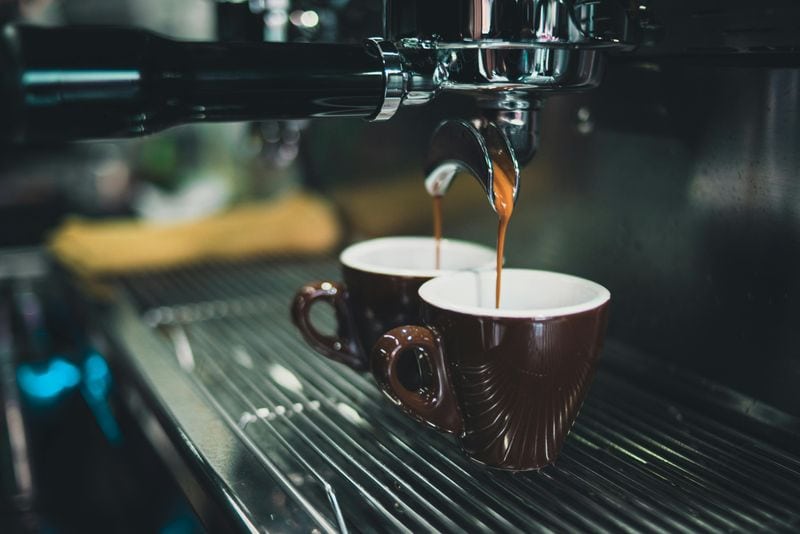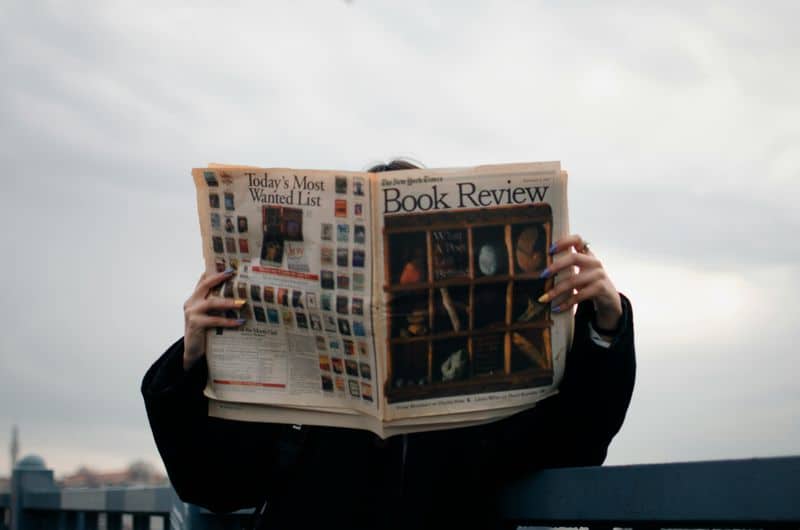After a long day, most of us turn to certain activities hoping to relax and unwind. But what if those go-to stress relievers are actually making things worse?
Many common relaxation methods can secretly add to our stress levels without us even realizing it. Let’s look at some surprising ways we might be sabotaging our own relaxation efforts.
1. Endless TV Marathons
You flop onto the couch, ready to lose yourself in episode after episode of your favorite show. What starts as a quick break turns into hours of staring at a screen, often late into the night.
The blue light disrupts your sleep cycle while the constant stimulation keeps your brain in an alert state. Your body remains inactive, creating a sluggish feeling that persists into the next day.
Rather than feeling refreshed, you wake up tired with the nagging sensation of wasted time. Limit your viewing to one or two episodes, then switch to a truly restorative activity like reading or gentle stretching.
2. Social Media Scrolling
That quick peek at Instagram turns into an hour-long scroll session before you even realize it. Your thumb moves automatically, swiping through perfectly curated images of lives that seem far more exciting than yours.
Each notification triggers a small dopamine hit, keeping you hooked while subtly elevating your stress hormones. Comparisons creep in unconsciously as you measure your normal day against others’ highlight reels.
Studies show this digital behavior pattern increases anxiety and FOMO (fear of missing out). Try setting a timer for 10 minutes of social media, then put your phone in another room and do something that genuinely relaxes your mind.
3. Comfort Food Binges
Nothing says relaxation like a pint of ice cream or a bag of chips, right? The immediate taste satisfaction and sugar rush feel good in the moment—a little reward after a tough day.
But that momentary pleasure comes with a rebound effect. Blood sugar spikes then crashes, leaving you more irritable than before. Your body works overtime to process heavy, processed foods, causing physical discomfort that disrupts sleep.
The guilt that often follows emotional eating creates another layer of stress. Instead, try savoring a small portion of your favorite treat, then make a cup of herbal tea to signal your body it’s time to wind down.
4. Just One More Drink
That glass of wine seems like the perfect way to take the edge off after a stressful day. The initial calm feels wonderful as tension melts away with each sip.
What most people don’t realize is that alcohol disrupts your sleep architecture. Even though you might fall asleep faster, the quality of rest is significantly poorer. Your liver works overtime while you sleep, preventing your body from truly recovering.
Morning arrives with subtle dehydration, foggy thinking, and sometimes anxiety that’s worse than before. Try alternating alcoholic drinks with water, or explore alcohol-free alternatives like kombucha or herbal mocktails that give you the ritual without the aftermath.
5. Working Through Breaks
“I’ll just answer a few emails during lunch,” you think, hoping to get ahead and reduce tomorrow’s workload. The boundary between work and personal time blurs as you check notifications during dinner or before bed.
Your brain never gets the true downtime it needs to process information and recover. This constant connection to work keeps stress hormones elevated and prevents your nervous system from shifting into rest mode.
Research shows that people who work during breaks actually accomplish less overall and make more mistakes. Try setting firm work boundaries—perhaps by using a separate phone for work or setting your email to offline after certain hours.
6. Shopping Therapy Sessions
The rush of buying something new can feel like instant stress relief. That package arriving at your door brings a momentary happiness boost—a little present to yourself after dealing with life’s challenges.
Behind that quick joy lurks financial strain. Credit card bills pile up, creating money worries that far outweigh the brief pleasure of the purchase. Each unnecessary item also adds to household clutter, creating a visually chaotic environment that subtly increases anxiety.
Many people report feeling guilt or emptiness once the shopping high fades. Consider creating a 24-hour waiting period for non-essential purchases, or explore free activities that bring genuine joy like hiking or visiting a library.
7. Midnight Revenge Bedtime
After a day controlled by work and obligations, late-night hours feel like your only true free time. You stay up scrolling, gaming, or watching shows, refusing to surrender to sleep despite your exhaustion.
Psychologists call this “revenge bedtime procrastination”—sacrificing sleep to reclaim personal time. The price is steep: chronic sleep deprivation worsens your ability to handle stress the next day, creating a vicious cycle.
Your body’s natural cortisol rhythm gets disrupted, making you more reactive to minor frustrations. Try reclaiming time earlier in your day—perhaps waking up 30 minutes earlier for quiet time or building brief personal breaks into your work schedule.
8. Caffeine Overload
That afternoon coffee seems like the perfect pick-me-up when energy dips. The warm cup feels comforting, and the caffeine boost helps you power through the rest of your day.
What many don’t realize is that caffeine has a half-life of about six hours. That 3pm espresso is still actively stimulating your nervous system at 9pm when you’re trying to wind down. Your body can’t enter deep sleep phases properly with caffeine in your system.
The resulting poor sleep makes you reach for even more caffeine the next day. Try switching to decaf after noon, or explore alternatives like golden milk or rooibos tea that provide the ritual without the stimulant effect.
9. Isolating From Friends
Sometimes when stress builds, canceling plans and hiding away seems like the easiest option. The thought of socializing feels overwhelming, and your couch offers immediate comfort without the effort of conversation.
Ironically, this protective withdrawal often increases feelings of loneliness and anxiety. Humans are wired for connection—our nervous systems actually calm down in the presence of supportive people. Even introverts benefit from selective social contact.
Research consistently shows that social isolation increases stress hormones and inflammation. Try maintaining just one or two meaningful connections during stressful periods, perhaps through a quick walk with a friend rather than an exhausting event.
10. Doom-Scrolling News
Checking the news feels responsible—you’re staying informed about important events. Before you know it, you’re deep in an anxiety-inducing spiral of headlines, each more alarming than the last.
Our brains evolved to pay special attention to threats, making negative news particularly captivating. This constant exposure to world problems triggers your fight-or-flight response without providing any outlet for action. Your body remains in a state of low-grade stress for hours afterward.
Many mental health experts now recommend scheduled, limited news consumption. Try checking reliable sources once daily, preferably not right before bed or first thing in the morning when your mind is most vulnerable.

